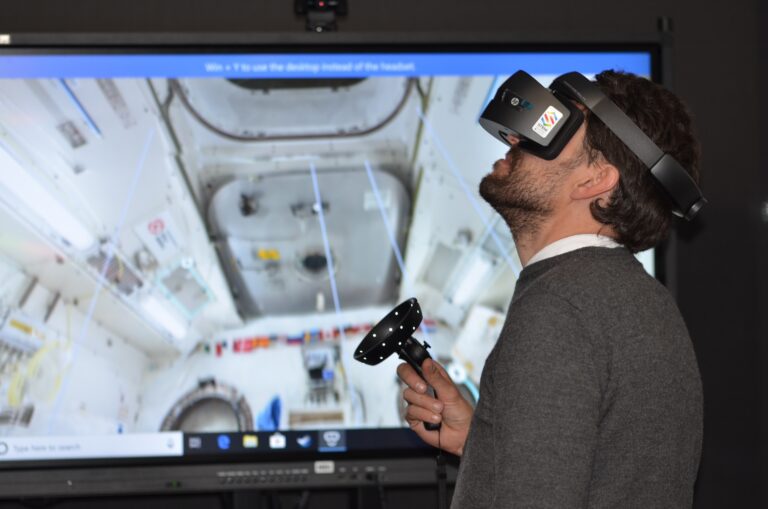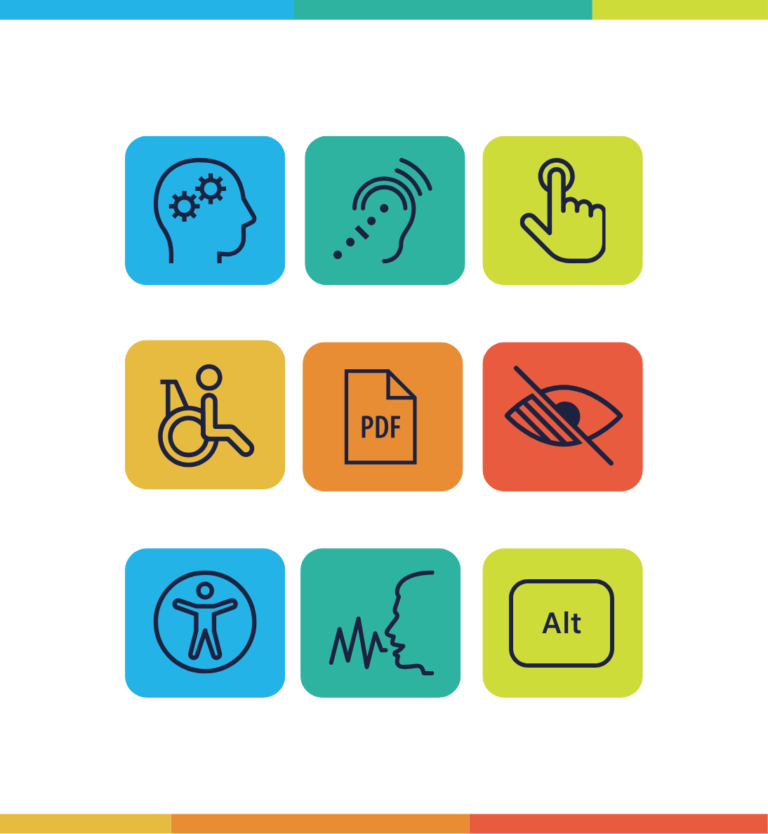Reflecting on Opportunities to Support Better Assessment Practices with PebblePad & ATLAS
Here we are again … end of semester, mired in marking, questioning academic integrity, vilifying GenAI, and fending off student pleas for extensions and extra marks. With all of these things occupying our minds, it is tempting to just hunker down, caffeinate, and push through until it’s done, holding back the flood of questions that inevitably surface about our assessment practices. Are my assessment practices effective? Are they engaging? Are they aligned with learning outcomes? Are they inclusive and accessible to all learners? Are they based on authentic, real-world tasks? Are they appropriately scaffolded with opportunities to provide formative feedback along the way? Do they promote academic integrity? And so on …
Though it may cause a temporary, unwanted cognitive overload, I encourage you to open those floodgates. Let the questions come and wash over you; acknowledge them; relieve the pressure to allow space for the task at hand, and then, when final grades are submitted and the water levels have once again normalized, revisit those questions and reflect on them. The feedback loop on assessment practice does not end with final grade submission, but rather it is where the reflective process begins anew to adapt, iterate, and improve assessments for the next assessment cycle. As you embark on this reflective journey, I invite you to explore the many ways PebblePad and ATLAS can improve your assessment practices. (click on the links embedded in the following text to learn more).
Through the creation and curation of ePortfolios, learners document and reflect upon their learning, and, PebblePad, KPU’s eportfolio platform, allows faculty to learn, document, and reflect right along with them. PebblePad’s creative space, Pebble+, provides faculty with engaging scaffolding tools in the form of templates and workbooks to guide students in their journey, and, coupled with PebblePad’s assessment space ATLAS (Active Teaching and Learning Assessment Space) faculty have the ability to engage with learners throughout this process through its powerful feedback and reporting tools. This reciprocal process engenders relationship building between student and faculty and empowers both to dive deeper into learning through a cycle of feedback and reflection.
When learners share their eportfolios, templates, and workbooks with ATLAS, faculty have multiple feedback options, many of which provide opportunity to engage in direct dialogue with students. For example, when faculty provide feedback comments, students can reply to their comments asking for clarification or offering explanation. Other feedback tools include feedback statements, rubrics, competency approvals along with self and peer-assessment options. For summative assessment, traditional grades are also available as are scales which will auto-populate in Moodle’s gradebook, now that the integration is complete.
As a High Impact Practice (HIP), eportfolios can encompass all the best assessment strategies and practices. Faculty can create templates and workbooks as formative assessment tools to help learners document the process and progress of their learning. For example, templates can be use as pre and post diagnostic tools, for ATLAS can create instant data reports (with graphs and charts) for most template elements. For this purpose, I like to use a Capabilities template as a pre and post self-assessment of student competency with the learning outcomes of my courses. The pre-assessment provides important data for both students and myself to reflect on as it helps to identify gaps in learning and enables me to provide additional scaffolding where needed. The post assessment asks students to revisit the same template and update their original self-assessment, allowing them to see, document, and reflect on their progress from beginning to end. For an example of one of my Capabilities templates, click here.
Eportfolios are excellent tools for capturing the process of learning and encouraging reflection and feedback throughout the process. Having students document process as well as product is also an effective way to promote academic integrity. PebblePad workbooks are perfect tools to capture learning in process. I created this workbook for one of my courses to document students’ writing process for a research paper. I created the workbook so that students can only access the next step/page in the process after I have given feedback and verified the page in ATLAS, thus ensuring both the authenticity of the students’ work and providing me with the opportunity to provide intervention, formative feedback, and support along the way, making the final, summative assessment a much easier task. I have merely scratched the surface of examples of how to use Pebble+ and ATLAS for assessment of both teaching and learning. There are a multitude of ways to engage in robust assessment practices with PebblePad. If you are interested in learning more about how PebblePad supports effective, engaging, authentic, inclusive, scaffolded assessment practices, contact the Teaching and Learning Commons about workshops and one-to-one consults.

Gillian Sudlow
Gillian has been supporting learners in their journey to develop their skills and obtain their educational goals for over twenty years. She is a fierce advocate for open access to education and her scholarly interests include competency-based assessment, micro-credentials and open pedagogy. She is excited to work with the inspiring and dedicated team in KPUs Teaching and Learning Commons and is looking forward to supporting faculty with consultations on instructional design and assessment, particularly in blended and online formats.




